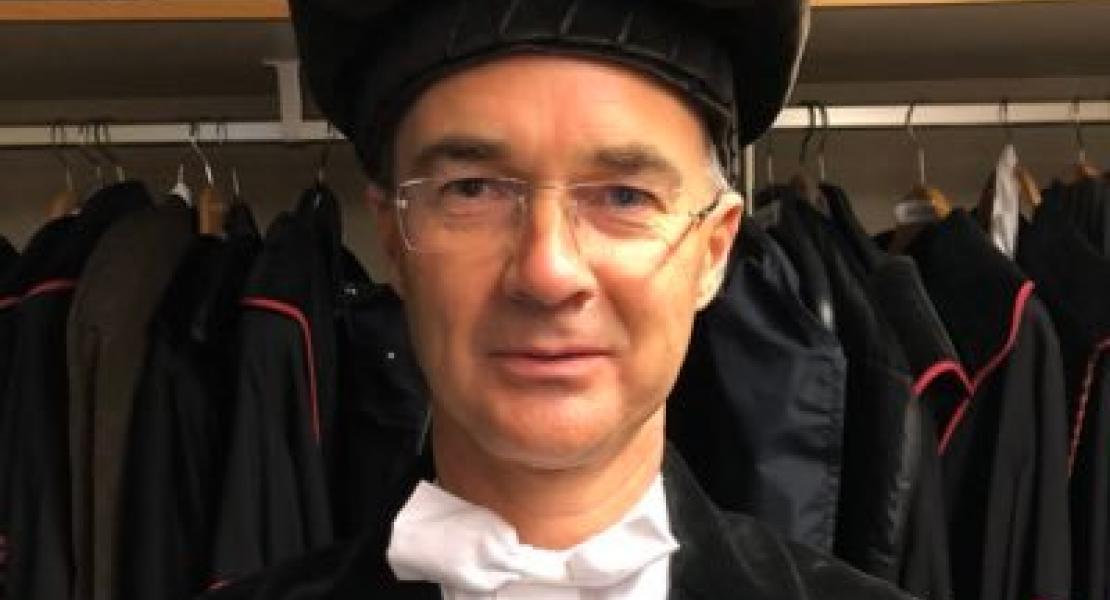The Methusalem program offers the most prestigious and extensive research funding from the UGent Special Research Fund (BOF). A total of 27.5 million euros was allocated for a period of 7 years. This will allow the seven laureates and their research groups to further strengthen their international benchmark position and thus put Ghent University even more on the map in their field.
Making plants more resilient through genome duplication
The scientists in the lab of Professor Yves Van de Peer (Department of Plant Biotechnology and Bioinformatics) will use the Methusalem funding to conduct further research into polyploid organisms. Specifically, the scientists will create new crossings of species that are more resistant to extreme conditions such as drought, global warming and the changing climate.
Yves Van de Peer: “In nature, thousands of animal and plant species are polyploid, which means that they have more than one copy of their genome - the genetic material - in their cells. Consider, for example, wheat, strawberries and cotton, but also many types of flowers and certain types of frogs are polyploid species. In general, we see that species with such a genome duplication have larger fruits, leaves and flowers. Previous research has also shown that polyploid species are more resistant to stress factors - for example drought - but in the longer term the trait appears to be dying out. This is a very fascinating paradox for scientists: on the one hand the fact that genome duplication occurs so much - and apparently without adverse effects, on the contrary - but on the other hand the fact that its long-term survival is very rare. And when the trait continued to survive, it appears to coincide with an important evolutionary event, such as an extinction wave, or strongly changing climatic conditions.”
The researchers want to investigate what exactly happens when organisms receive such a "beneficial" genome duplication. Yves Van de Peer: “How does that extra copy of the genome ensure that an organism is or becomes more resistant to stress? We want to investigate this, among other things by making polyploid algae and plants in an artificial way. Furthermore, we want to investigate how the evolution of polyploids will develop in times when nature is under increasing pressure and we ultimately also want to 'create' new polyploid plant species by crossing existing plants, in the hope that these will be more resistant to drought, salt in the soil, climate changes, etc. "
Here is an overview of all UGent Methusalem projects: https://www.ugent.be/nl/onderzoek/ugent/overzicht-methusalem-laureaten.htm
- Log in to post comments
